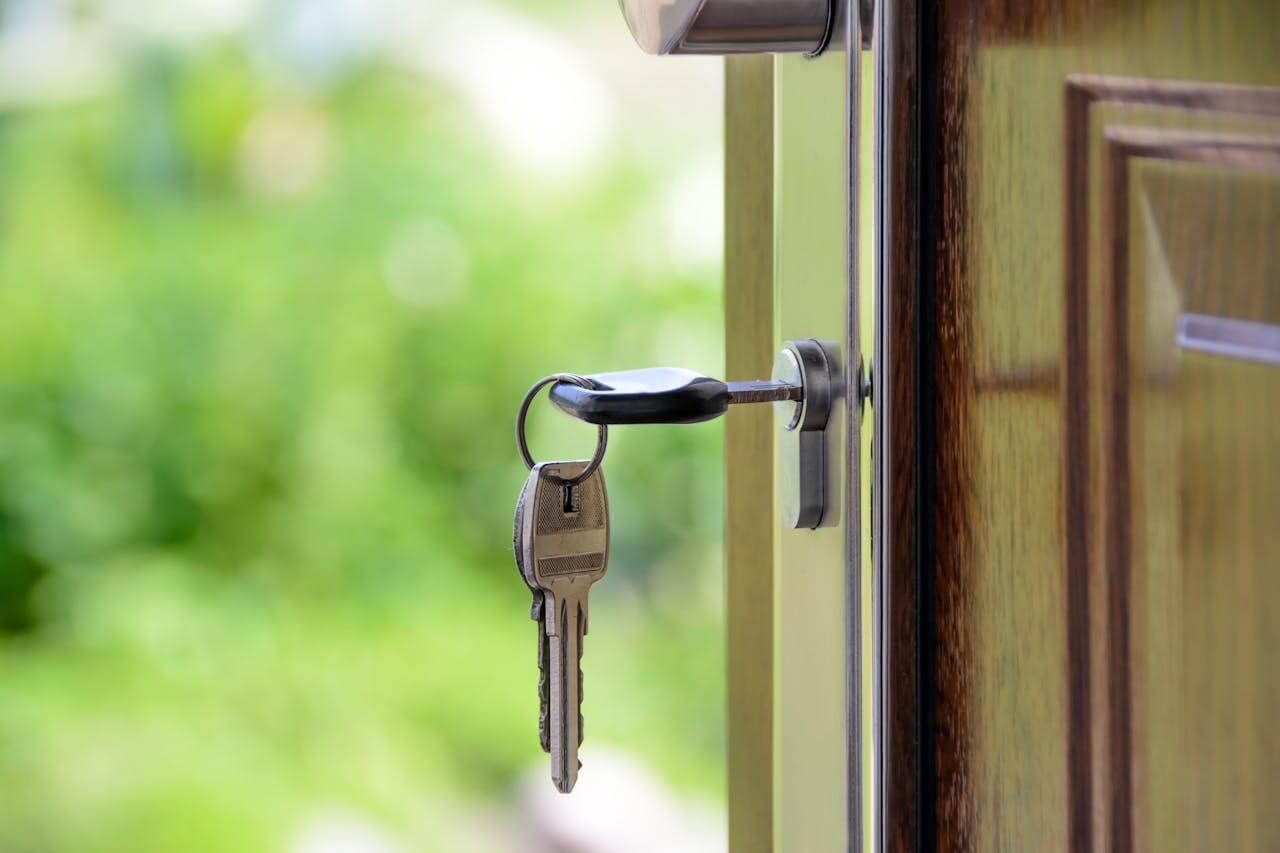
What is a Senior Stretch Loan?
A senior stretch loan can help you purchase a property …
Yes, you can get another secured loan after moving, but some lenders may require you to wait around 6 to 12 months to show some consistent mortgage repayments.
Most lenders want to avoid giving customers too much debt or too many loans, especially after they have just moved house and likely paid moving costs and stamp duty too.
Therefore, if you are looking for a new home improvement loan or debt consolidation loan which is secured against the home, some lenders may want to wait a period of several months before approving your loan.
If you have just move into a new house, some common secured loan options include:
When considering how much you could borrow after moving into a new house, the amount largely depends on factors like the equity you have in the property, your income and your credit score. While it is sometimes still possible to get a loan with bad credit, the more equity you possess and the stronger your financial profile, the higher the potential loan amount a lender will let you borrow.
No – you do not have to use the same lender for your secured loan after moving. Although you may choose to do so, it is in fact wise to shop around for the best offers. Exploring different lenders allows you to compare terms, interest rates and repayment options, ensuring you secure the most favorable deal for your financial situation.
Moving into a new house often comes with various financial challenges, including the need for additional funds for renovations, repairs, or unexpected emergency home expenses. Secured loans can be a viable financial solution in such situations.
However, several factors will influence the ease with which you can obtain one:
Some lenders may exercise caution when it comes to approving loans, particularly if they think borrowers are taking on too much debt or might struggle with repayments. Lenders often have specific criteria and guidelines to assess a borrower’s ability to repay the loan without financial strain.
This caution can manifest in several ways:
Lenders often conduct affordability assessments to ensure that borrowers can comfortably meet their loan obligations. They may scrutinize your income, expenses, and existing debts to check if you can manage additional financial responsibilities and meet your repayments on time.
Lenders may suggest longer repayment terms for secured loans to lower monthly payments and reduce the risk of default. While this can be beneficial in terms of manageable monthly payments, it may also mean paying more in interest over the life of the loan.
Lenders may cap the amount they are willing to lend to prevent borrowers from taking on too much debt. This limit is often tied to factors such as your income, creditworthiness, and the value of your collateral.
To increase your chances of obtaining a secured loan after moving into a new house, there are some strategies you can employ.

A senior stretch loan can help you purchase a property …

A mortgage offer officially lasts for 3-6 months depending on …

If you have purchased a car through a dealership using …